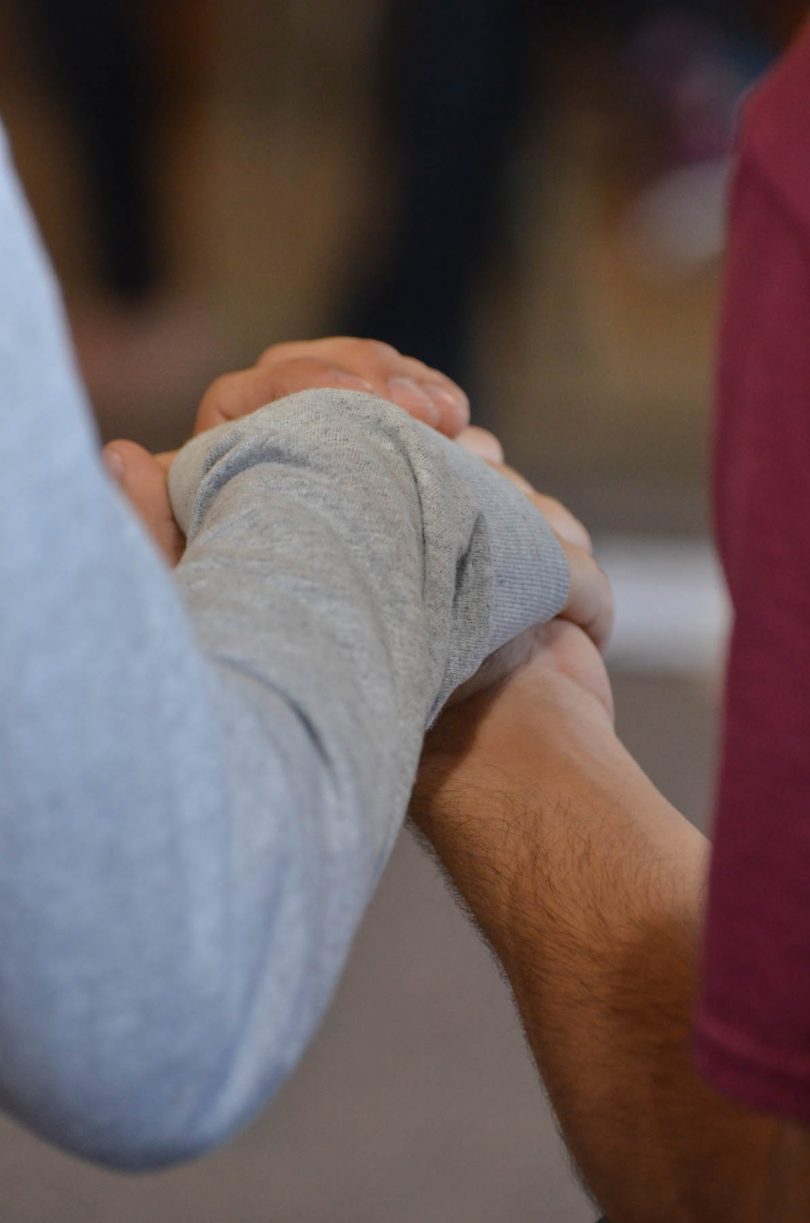Eighteenth Sunday after Pentecost
Out of ten lepers healed by Jesus, only one came back and said, “Thank-you.” Can you believe that? Well, yes we can. We live in a culture where many people feel entitled, so there is no need to say thank-you. The ancient world was seemingly no different.
As Jesus entered a village, ten lepers approached him. Leprosy is a terrible skin disease with lesions and deformities that can be very disfiguring. Though leprosy is curable today, there was no cure in the ancient world. Leprosy was thought to be highly contagious. Anyone with the disease was required to live outside the community and call out, “Unclean, unclean,” whenever anyone approached. Lepers were outcasts, and to be one was a terrible and pathetic existence.
When the ten lepers asked Jesus to have mercy on them, instead of running the other way to avoid contact with them, Luke tells us that Jesus saw them. He had immediate sympathy and compassion for them. He said, “Go show yourselves to the priests.” As they went, they were made clean.
Nine of the healed lepers kept on going, but one came back to thank Jesus. Gratitude may be the purest measure of one’s character and spiritual condition. Someone with a truly grateful heart looks at everything as a gift. Gratitude is also an expression of faith. Jesus said to the Samaritan leper, “Your faith has made you well.” That faith was expressed by his individual act of recognition and his cry of grateful praise. Faith and gratitude are synonymous. They are our response to the grace of God as we have experienced it. Once we are aware of God’s grace, all of life is infused with a sense of gratitude. Every encounter becomes an opportunity to respond in the spirit of the grateful leper.
Matthew W. Allen, pastor, Olivet Moravian Church
Winston-Salem, North Carolina

